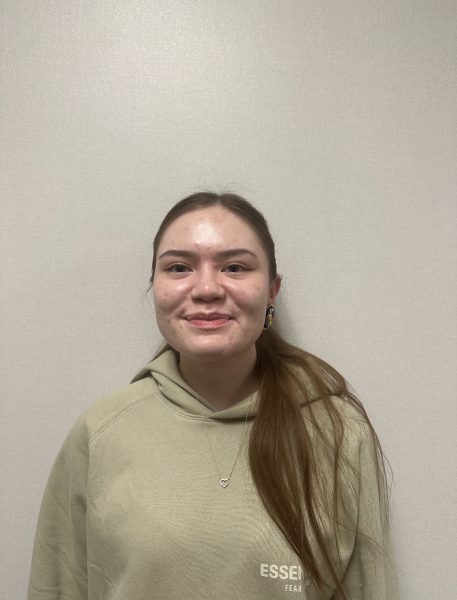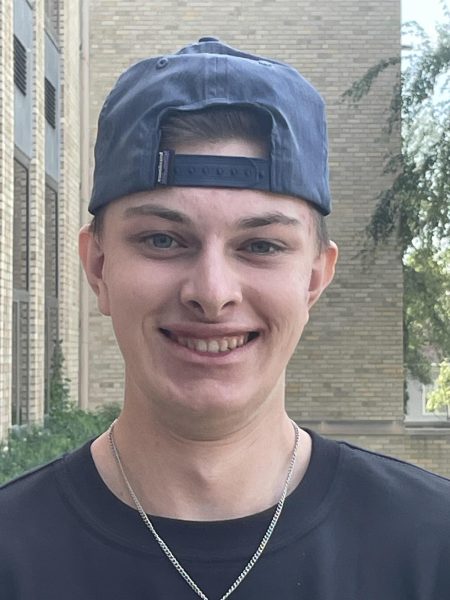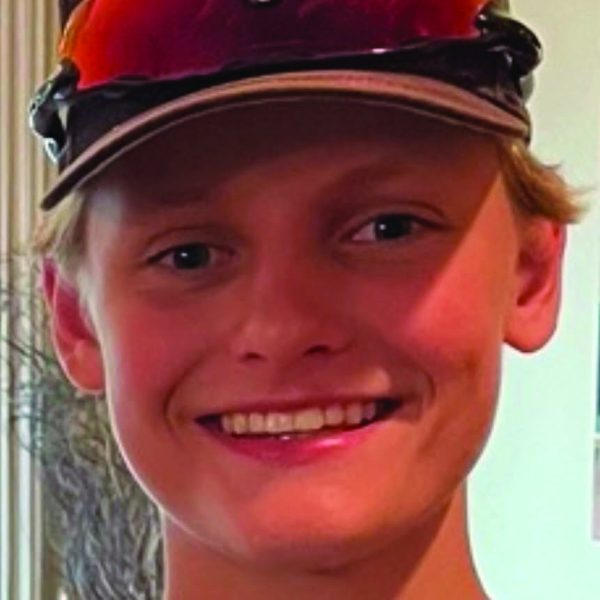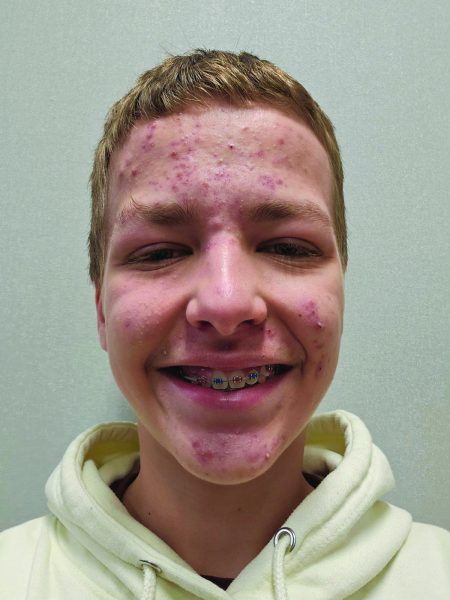Celebrate sober
Being with family and friends over the break is a special part of the holidays and the New Year, but being sober while with family strengthens bonds rather than when intoxicated.
December 20, 2022
Encouraging a student under the age of 21 to ‘let loose and have fun’ by partaking in a toast is not the way to celebrate a holiday. According to the CDC from the 2019 Youth Risk Behavior Survey, 29 percent of high school students admitted to consuming alcohol in the past 30 days, and 14 percent binge drank. December has more opportunities to attain alcohol as a minor. This access is a prevalent reason why the number of accidents and fatalities increases over the winter break. Health professionals also believe the increase in heart attacks during the holiday season traces back to the sheer amount of alcohol consumed in a short period.
North Dakota has a social host liability law, which holds people accountable for buying or serving alcohol to minors. Evidently, this entices people to not do so, but ultimately the decision lies on the minor whether or not to drink.
When a legal limit is put on products or actions, it is always for a good reason. If a seven-year-old were able to vote, the democracy of the United States would have to hope the first grader was educated enough to pick candidates. If a 16-year-old was able to drink, the college administration would have to take into account all of the changes in brain development the student went through in order to fit in on a Friday night. Minors who drink alcohol are more likely to experience school, social, legal and physical problems.
Avoiding destructive decisions, like underage drinking, sensibly leads to a healthy lifestyle. Indulging in alcohol, especially in earlier years, weakens the immune system immensely. Problems with learning and memory, the liver, weight gain, high blood sugar, heart disease, and many forms of cancer are all directly related to drinking. The introduction of alcohol at a young age tends to increase the likelihood of disease in their future.
Right after drinking, a person might seem calmer or happier, but after the drink sits in, it becomes clear that it has the exact opposite effect. As a central nervous system depressant, judgment, decision-making, muscle control and reasoning are all blurred. Mistakes made in high school can become haunting when trying to get into college or secure a job. Car accidents are the number one reason for fatality in teens. A quarter of lethal car accidents include a drunk driver under the age of 21. In North Dakota, it is illegal to drive when the blood alcohol concentration (BAC) of the driver is greater than 0.08, and for people under the age of 21, the BAC is 0.02. However, even if the BAC levels are lower when tested, DUIs can still be given. Driving under the influence of drugs or alcohol is tremendously unsafe and therefore illegal.
Understanding the consequences of underage drinking can help make the decision to say no. BHS follows the North Dakota High School Activities Association’s rulebook for eligibility. If an athlete is caught with drugs or alcohol, regulation states they will undergo a six-week suspension. Six weeks could mean missing season openers, senior night, overnights, WDA or even state championships. It is the athletes’ responsibility to hold themselves accountable, but the decision should be made easier when a drink could mean sitting on the sidelines for the rest of the season. Also, taking the fact into account that pictures do not go away. Any bystander can snap a quick photo and administration could learn within minutes of an athlete partaking in illegal activities.





